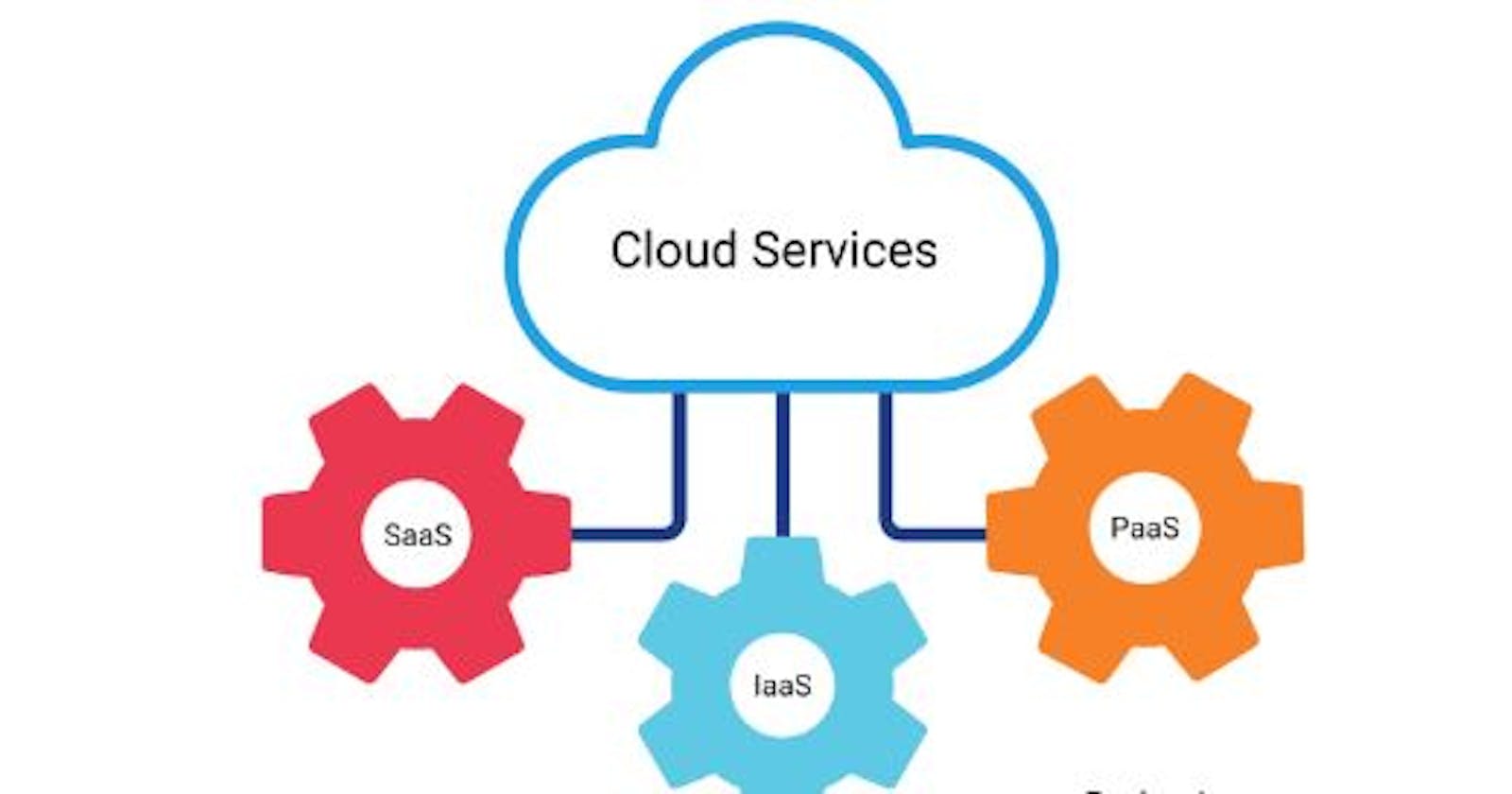Cloud computing services are delivered in three main models, each of which offers customers different levels of support and flexibility. There’s also some overlap between all three of them, so it can get a little confusing when trying to get your head around what they all mean.
These services are occasionally known as the cloud computing ‘stack’ as they are often built on top of one another. Knowing what each one of them is, and how they work, will give you a clearer sign about which service might be best suited to your needs and requirements.
Cloud computing is becoming increasingly popular with businesses, as it provides scalability, cost-efficiency, and flexibility. It essentially allows organizations to access digital services and computing power without having to maintain the infrastructure or software on their own. The three main types of cloud computing are Infrastructure as a Service (IaaS), Platform as a Service (PaaS), and Software as a Service (SaaS). Each of these services provides unique features and benefits, so it is important to understand the differences between them.
Infrastructure as a Service (IaaS)
Also known as utility computing, this is the on-demand delivery of computing infrastructure. That means everything – from operating systems and storage to networking and components – is outsourced to a cloud computing company or service. As the individual or the company, you’ll buy what you need on a pay-as-you-go model.
The simplest example of IaaS cloud computing is ordinary web-hosting. This is where you pay a monthly fee or by megabyte/gigabyte to have a company host your files from their servers. IaaS is an extremely flexible option, as it permits the user to customise the infrastructure of the computing environment. From web-hosting to big data analytics, IaaS covers the whole spectrum.
IaaS is a cloud-based service that provides access to physical computing resources over the internet. This includes services such as virtual machines, databases, storage, networks, and operating systems. IaaS provides organizations with the ability to quickly scale up or down their computing resources with minimal effort.
It is one of the newest cloud-based services available to businesses today. IaaS offers a variety of benefits for organizations, making it an excellent choice for companies looking to reduce costs and increase efficiency. IaaS provides businesses with access to physical computing resources over the internet, including virtual machines, storage, databases, networks, and operating systems. This eliminates the need for organizations to maintain the infrastructure themselves, which can result in significant cost savings.
IaaS also makes it easier for businesses to scale up or down their computing resources as needed. This can be beneficial for companies that experience seasonal or unpredictable fluctuations in business demand, as it allows them to quickly adjust their computing resources to meet the changing needs of their customers. Another benefit of IaaS is its ability to improve business agility. By using IaaS, organizations can quickly adjust to changing market conditions and react quickly to customer demands. This is due to the flexibility and scalability offered by IaaS, which allows businesses to quickly add or remove computing resources with minimal effort.
Finally, IaaS offers a high degree of security, as all data is stored in the cloud and is securely backed up. This means that businesses do not need to worry about their data being compromised due to physical damage or theft. Overall, IaaS provides organizations with a cost-effective and secure way to access computing resources over the internet. With its scalability, flexibility, and security, IaaS can be an invaluable tool for businesses looking to improve their efficiency and cost-savings.
Platform as a Service (PaaS)
PaaS is a cloud-based platform that makes it easier to develop, test, and deploy applications. It provides tools and services that developers can use to create applications on the cloud. It also offers various services such as databases, analytics, and application servers.
Platform as a Service (PaaS) is a cloud-based computing service that provides organizations with access to a platform to develop, deploy, and manage applications over the internet. It eliminates the need to purchase, install, and maintain hardware and software, allowing organizations to quickly develop and deploy applications without having to worry about expensive hardware and software investments.PaaS typically consists of a suite of services that can be accessed online. These services include web and application hosting, databases, storage, and analytics tools. This allows organizations to access the services they need when they need them, without having to purchase and install the software on their own hardware.
PaaS also makes it easier for businesses to scale up or down their applications as needed. This is especially useful for organizations that experience seasonal or unpredictable fluctuations in business demand, as it allows them to quickly adjust their applications to meet the changing needs of their customers. In addition, PaaS provides a high degree of flexibility. Organizations can quickly customize and add new features to their applications without having to worry about compatibility or installation issues. This makes it easier for organizations to stay competitive in their markets and quickly adjust to changing customer needs.
Finally, PaaS offers a high level of security, as all data is stored in the cloud and is securely backed up. This means that businesses do not need to worry about their data being compromised due to physical damage or theft.
Overall, PaaS provides organizations with a cost-effective and secure way to develop, deploy, and manage applications over the internet. With its scalability, flexibility, and security, PaaS can be an invaluable tool for businesses looking to improve their efficiency and cost-savings.
Software as a Service (SaaS)
SaaS is a cloud-based software service that allows users to access applications over the internet. It eliminates the need to install software on individual devices and eliminates the need for software updates. It also eliminates the need to maintain the software.
Software as a Service (SaaS) is a cloud-based software service that provides organizations with access to applications over the internet. It eliminates the need to install software on individual computers and eliminates the need for software updates. This makes SaaS an attractive option for businesses looking to reduce their costs and increase their efficiency.
One of the main benefits of SaaS is cost savings. By using SaaS, organizations do not need to purchase and maintain software licenses, as all software is hosted in the cloud. This eliminates the need to purchase and install software, as well as the ongoing costs associated with software maintenance and updates.
SaaS also makes it easier for businesses to scale up or down their applications as needed. This is especially useful for organizations that experience seasonal or unpredictable fluctuations in business demand, as it allows them to quickly adjust their applications to meet the changing needs of their customers.
In addition, SaaS provides a high degree of flexibility. Organizations can quickly customize and add new features to their applications without having to worry about compatibility or installation issues. This makes it easier for organizations to stay competitive in their markets and quickly adjust to changing customer needs.
Finally, SaaS offers a high level of security, as all data is stored in the cloud and is securely backed up. This means that businesses do not need to worry about their data being compromised due to physical damage or theft. SaaS provides organizations with a cost-effective and secure way to access applications over the internet. With its scalability, flexibility, and security, SaaS can be an invaluable tool for businesses looking to improve their efficiency and cost-savings.
Overall, cloud computing offers businesses a variety of services that can be tailored to their particular needs. IaaS, PaaS, and SaaS all offer unique features and benefits that can help organizations become more efficient and cost-effective. Understanding the differences between these services will help organizations select the most suitable service for their needs.

